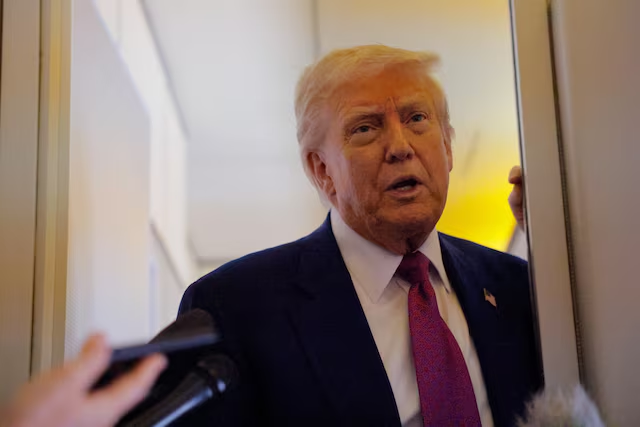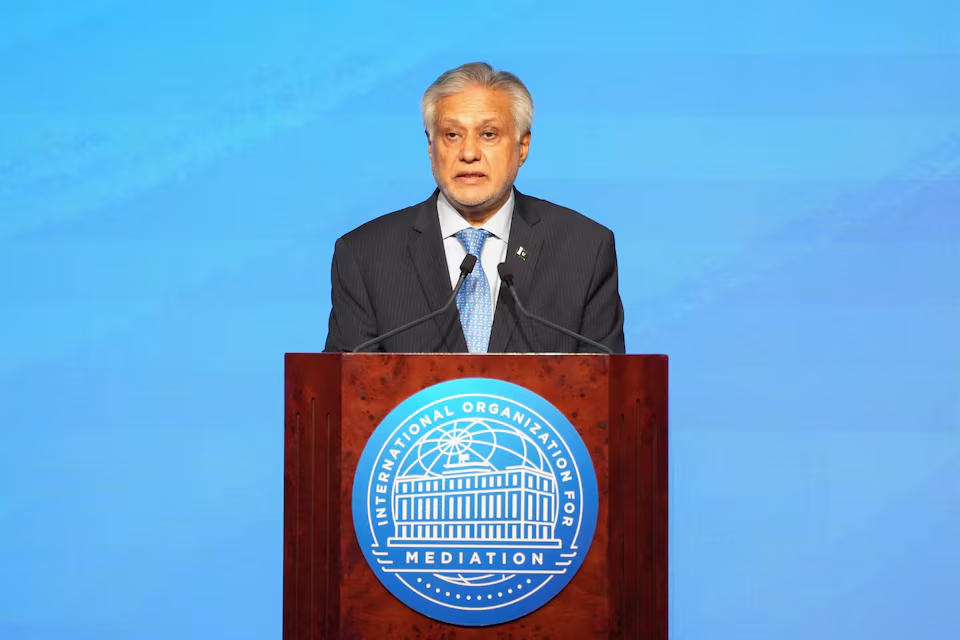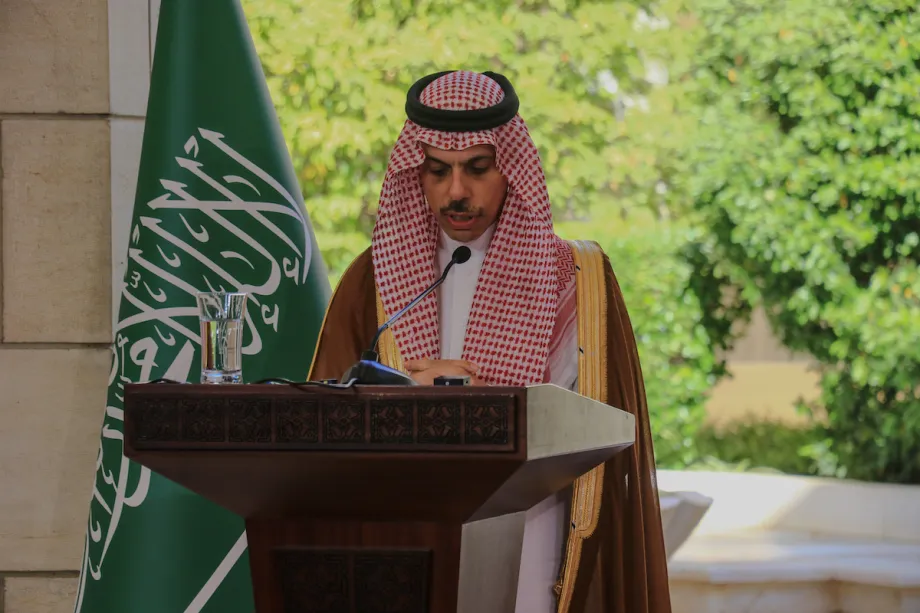On May 15, 2025, the United States Treasury Department announced a new round of sanctions targeting key individuals linked to Hezbollah, the Iran-backed militant group designated by the U.S. as a terrorist organization. The sanctions focus on two senior Hezbollah officials and two financial facilitators operating out of Lebanon and Iran, accused of orchestrating money transfers to support Hezbollah’s operations. This move reflects the ongoing U.S. effort to curb the financing of groups that undermine regional stability and engage in terrorist activities.
The newly sanctioned individuals are accused of coordinating financial networks that funnel overseas donations and other funds into Hezbollah’s budget. Hezbollah, known for its extensive military and political influence in Lebanon and the wider Middle East, relies heavily on such financial support to sustain its activities, including its proxy operations in countries like Syria and Iraq. By disrupting these financial channels, the U.S. aims to weaken Hezbollah’s operational capabilities and limit its influence.
The timing of these sanctions is particularly notable, coming as the United States moves closer to finalizing a nuclear agreement with Iran. According to reports, Iran has largely accepted the terms proposed by the Biden administration, signaling a potential breakthrough in efforts to curb Tehran’s nuclear ambitions. However, despite the diplomatic progress on the nuclear front, the Treasury Department’s action underscores a parallel approach: continuing to exert economic pressure on Iran’s support networks, especially those connected to terrorism.
The United States has long labeled Hezbollah as a Foreign Terrorist Organization (FTO) and a Specially Designated Global Terrorist (SDGT), citing the group’s involvement in numerous attacks targeting American and Israeli interests. Hezbollah’s close alliance with Iran has allowed it to extend Iran’s influence across the region through a network of proxy militias and financial channels. The group’s financial facilitators, many operating covertly in Lebanon and Iran, are critical to maintaining the flow of resources necessary for Hezbollah’s military and social programs.
These sanctions form part of a broader U.S. strategy to dismantle Hezbollah’s financial infrastructure. By targeting individuals who facilitate money transfers, the U.S. seeks to choke off the lifeline that sustains Hezbollah’s activities. This approach also serves as a deterrent to other entities and individuals who might consider supporting the group, emphasizing that involvement with Hezbollah’s financial networks carries significant risks of sanctions and legal consequences.
The U.S. government’s dual-track strategy highlights the complexities of dealing with Iran’s influence. While diplomatic channels pursue a nuclear deal that could ease sanctions related to Iran’s nuclear program, the U.S. simultaneously maintains a hard stance against other destabilizing actions by Iran, including its backing of militant groups like Hezbollah. This balancing act is critical to addressing the multifaceted challenges posed by Iran’s regional policies.
Experts note that the sanctions could significantly impact Hezbollah’s ability to raise funds and conduct operations, although the group has historically proven resilient and adept at circumventing restrictions. The sanctions also send a clear message to the international community about the U.S.’s commitment to combatting terrorism financing and holding Iran accountable for its proxies’ actions.
As negotiations over the nuclear deal progress, the U.S. Treasury’s sanctions highlight that diplomatic engagement will not come at the cost of ignoring other security concerns. Instead, the U.S. intends to continue leveraging economic tools to address Iran’s broader behavior, signaling to Tehran and its allies that support for terrorism remains unacceptable.
In summary, the U.S. Treasury Department’s new sanctions against senior Hezbollah officials and financial facilitators reflect a sustained commitment to curbing terrorism financing linked to Iran. These measures arrive amid sensitive nuclear negotiations and demonstrate that the U.S. strategy incorporates both diplomacy and economic pressure to address the full spectrum of challenges posed by Iran and its affiliates. The coming months will reveal how these sanctions affect Hezbollah’s operations and the broader geopolitical dynamics in the Middle East.
Source; Reuters



